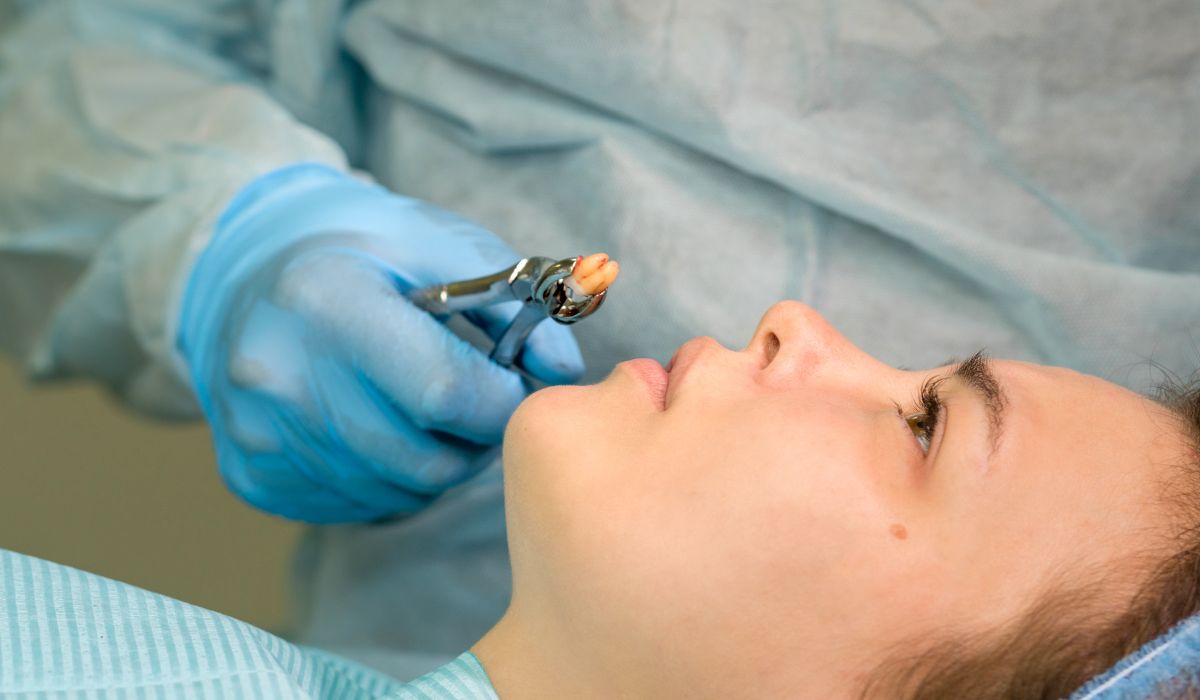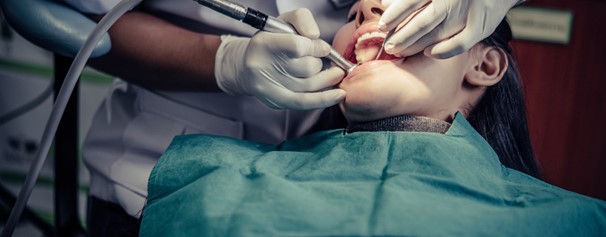Dry socket (alveolar osteitis) is a potential complication that can occur after the extraction of a tooth, particularly wisdom teeth. It happens when the blood clot that normally forms in the socket after tooth extraction is dislodged or dissolves before the healing process is complete. The absence of the blood clot exposes the underlying bone and nerves, leading to increased pain and delayed healing.
While dry socket is a known complication, it does not occur in all cases. Certain factors may increase the risk of developing dry socket after wisdom teeth removal, including:
Smoking:
Smoking can interfere with blood clot formation and increase the risk of dry socket. If possible, it’s advisable to avoid smoking for a period following the extraction.
Oral Contraceptives:
Some studies suggest that the use of oral contraceptives (birth control pills) may be associated with an increased risk of dry socket.
Poor Oral Hygiene:
Inadequate oral hygiene practices can contribute to infection and disrupt the healing process. Following postoperative care instructions, including proper oral hygiene, is crucial.
Previous History of Dry Socket:
Individuals who have experienced dry socket after a previous tooth extraction may be at a higher risk of developing it again.
Extractions in the lower jaw (mandible) are more prone to developing a dry socket.
Your surgeon should make the extraction site with a resorbable haemostatic and antibacterial sponge and suture the site closed to maximise the chances of not losing the blood clot.
To minimize the risk of dry socket after wisdom teeth removal, it’s important to:
Follow the postoperative care instructions provided by your oral surgeon or dentist.
Avoid smoking or using tobacco products during the healing period.
Be cautious with oral hygiene practices, gently avoiding the extraction sites.
Report any unusual or severe pain to your dentist promptly.
If you experience persistent and severe pain after wisdom teeth removal, it’s crucial to contact your dentist or oral surgeon. They can evaluate your symptoms, provide appropriate care, and address any concerns to ensure a smooth healing process.

Remember that complications like dry socket are relatively uncommon, and most people heal without significant issues after wisdom teeth removal when they follow postoperative care instructions and maintain good oral hygiene.



Recent Comments